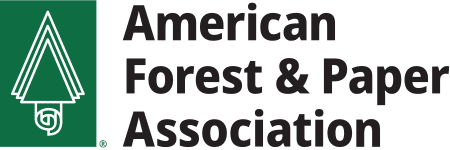AF&PA Disappointed in Governor Moore’s Enactment of Maryland EPR Program
WASHINGTON – The American Forest & Paper Association (AF&PA) President and CEO Heidi Brock today issued the following statement in response to Maryland Governor Wes Moore’s decision to advance SB 901, into law:
“We are disappointed by Governor Wes Moore’s decision to sign SB 901 into law and create an extended producer responsibility (EPR) program in Maryland. As a result of SB 901’s rushed legislative consideration process, this new law has the potential to disrupt the state’s recycling systems and cause wide-ranging impacts to the paper industry."
The legislation, with an estimated $500 million price tag, circumvented a very deliberate and intentional Needs Assessment process aimed at generating impactful solutions.
"This costly approach to EPR ignores the complexities of the state’s recycling system and the paper industry’s significant recycling achievements. The legislation also imposes fees on “paper products,” like unprinted copy paper, which do not typically end up in recycling bins. As a member of the EPR Advisory Council, AF&PA looks forward to promoting practical, evidence-based implementation strategies to mitigate harm to Maryland’s recycling efforts.”
